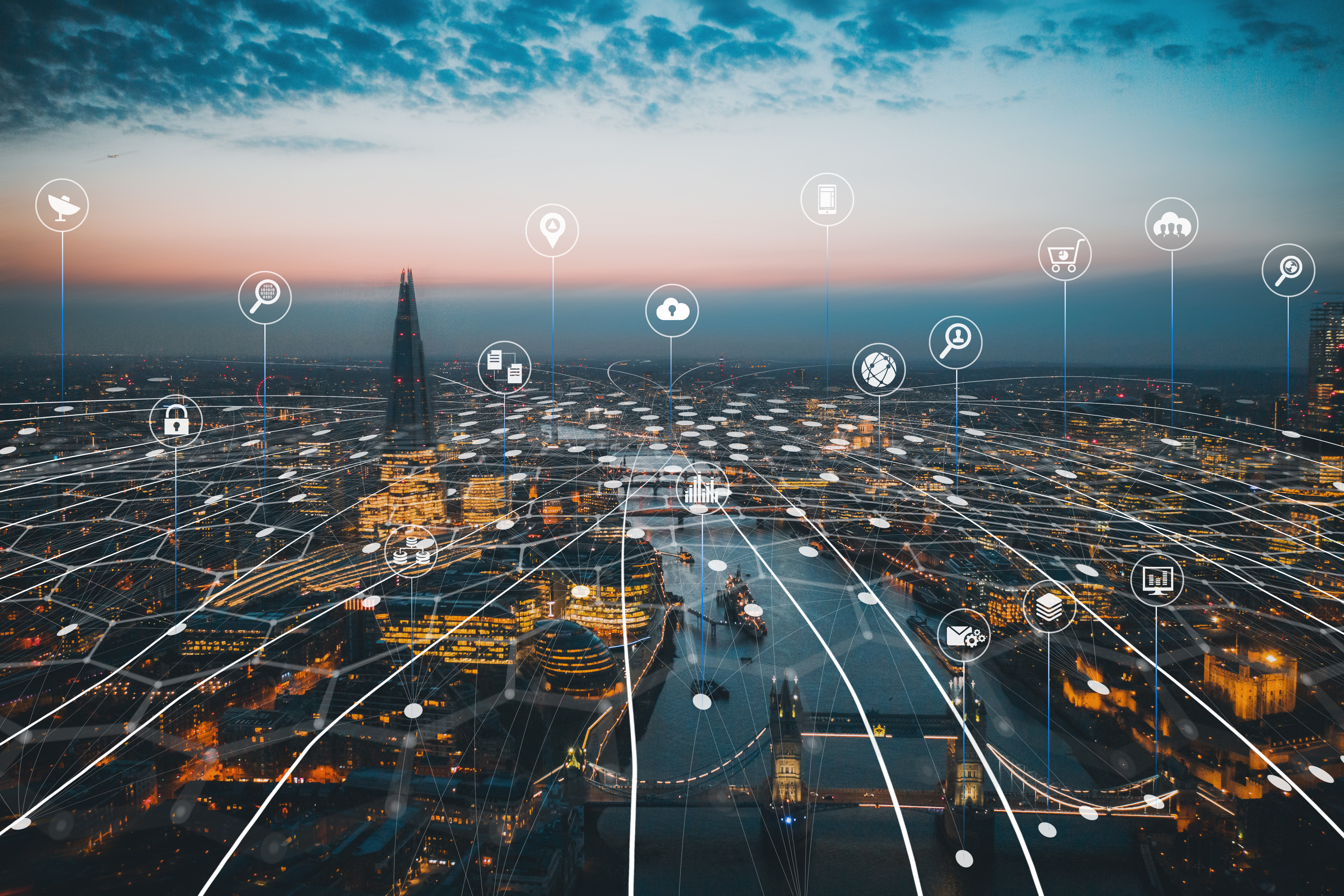Europe Is Officially out of IPv4 Addresses
Some may still be able to get a very limited number of addresses if they join a waiting list.

RIPE (Réseaux IP Européens), the regional Internet Registry for Europe, announced Monday that it has run out of IPv4 addresses. Any new allocation will be drastically limited in the future.
RIPE said this should not come as a surprise to network operators, as the IPv4 run-out has been long anticipated and planned for by the RIPE community.
IPv4 Waiting List
RIPE said that it will continue to release IPV4 addresses in the future, but only based on a waiting list. It also plans to give them out to companies that didn’t receive an IPv4 allocation from RIPE at all in the past, no matter how small or large that allocation.
These IPv4 addresses will be reused from companies that have closed down or from networks that no longer need certain IPv4 address ranges. RIPE also warned that there will be small amounts allocated to its new members, and these amounts will not come close to the millions of IPv4 addresses that networks in Europe need today.
RIPE created a graph to show how many members are on the waiting list right now, and things aren’t looking very promising for those in need of IPv4 addresses.
Time to Switch to IPv6
Over the past few years as we started seeing shortages of IPv4 addresses, we also began to see an increased number of IPv4 ownership transfers, as well as greater use of Carrier Grade Network Address Translation (CGNAT), an extension of traditional Network Address Translation (NAT) technologies targeting large networks and ISPs. However, neither one of these short-term solutions solve the fundamental problem, which is that the world simply has too many devices that communicate with the Internet and need their own IP address. IPv4 addresses can no longer accommodate all of these devices, and RIPE believes that it’s long overdue that more companies switch to using IPv6 addresses.
RIPE called on all stakeholders to play their role in IPv6 rollout so that the Internet doesn’t become unnecessarily limited in the not-too-distant future over a lack of sufficient network identifiers. The organization also promised to provide advice, training, measurements and tools to help network operators as they put their deployment plans into action.
Get Tom's Hardware's best news and in-depth reviews, straight to your inbox.
Lucian Armasu is a Contributing Writer for Tom's Hardware US. He covers software news and the issues surrounding privacy and security.
-
RealBeast Simple solution, find anyone who wastes addresses and revoke them -- such wastes would be social media (Facebook, Instagram, etc. except for gaming of course). ;)Reply -
Pat Flynn ReplyRealBeast said:Simple solution, find anyone who wastes addresses and revoke them -- such wastes would be social media (Facebook, Instagram, etc. except for gaming of course). ;)
Not a bad idea, but then you're depriving the users of the benefits of IPv6. It's faster/more efficent, has several more features, and nearly unlimited addresses. IPv4 is actually a prototype ;) -
captaincharisma Replydaglesj said:Those IP6 addresses are just so easy to remember...
soooo we should keep clingig to life using dated techology because some people like yourself are not so good at remembering things? -
gaborbarla Replydaglesj said:Those IP6 addresses are just so easy to remember...
Yeah it is the main gripe with them. There might be a possibility to issue them with a bit of rules like:
192.168.0.1 mapped is 0:0:0:0:0:ffff:c0a8:1 Then one could assume that the first 5 sets of number is always 0s. This may or may not work in practice. Then one could just quote the last 3 places e.g. ffff:c0a8:1 not much harder than 192.168.0.1. 192.168.0.2 is 0:0:0:0:0:ffff:c0a8:2 and so on. -
treysis Reply
Who remembers IP addresses anyways? What's Google's IPv4? Do you know? I don't. I don't need to, and I don't want to. And even if I did, accessing Google by IPv4-literals won't work most of the time due to multihosting. Same with CDN like Cloudflare.daglesj said:Those IP6 addresses are just so easy to remember...
You don't have to do hex-conversion yourself. Just write ::ffff:192.168.0.1.gaborbarla said:192.168.0.1 mapped is 0:0:0:0:0:ffff:c0a8:1 Then one could assume that the first 5 sets of number is always 0s. This may or may not work in practice. Then one could just quote the last 3 places e.g. ffff:c0a8:1 not much harder than 192.168.0.1. 192.168.0.2 is 0:0:0:0:0:ffff:c0a8:2 and so on. -
RealBeast Reply
Yup. If all the providers/equipment mnfs would get their act together IPv6 would have been in common use some time ago. I recall that the draft was approved over 20 or so years ago and it took forever for the final approval about 2 years ago.Pat Flynn said:Not a bad idea, but then you're depriving the users of the benefits of IPv6. It's faster/more efficent, has several more features, and nearly unlimited addresses. IPv4 is actually a prototype ;)
But then we still have WPS on routers, so I wouldn't expect too much too soon. ;) -
COLGeek The upside is that we may finally get on with IPv6 and quit all the hand wringing. This transition is long overdue.Reply -
daglesj Replytreysis said:Who remembers IP addresses anyways? What's Google's IPv4? Do you know? I don't. I don't need to, and I don't want to. And even if I did, accessing Google by IPv4-literals won't work most of the time due to multihosting. Same with CDN like Cloudflare.
You don't have to do hex-conversion yourself. Just write ::ffff:192.168.0.1.
I do know what it is cos IPv4 is easy to remember. I also know Cloudflares/Local Host/My DNS etc. etc.
Cos it's easy. IPv6...yes it's needed but yeah....designed by nerds.
Looking forward to the increase in networking cockups due to incorrectly typed IPv6 data.
"Hang on hangon...I got it written down somewhere..."